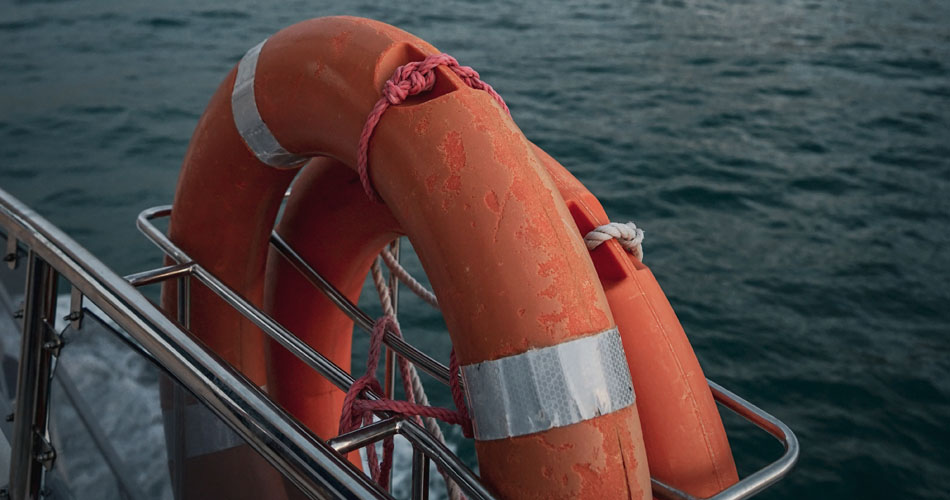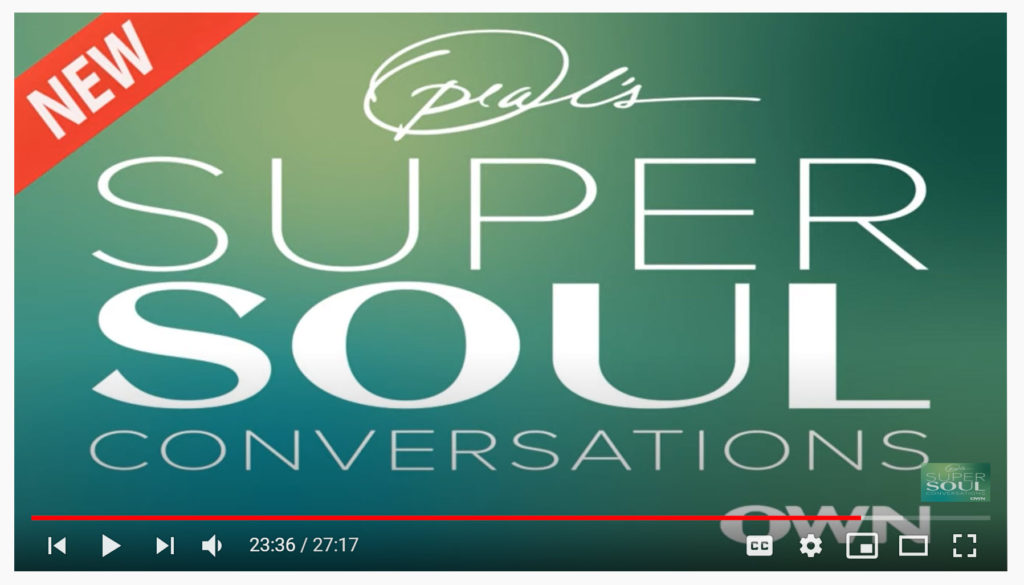ANATOMY OF TRUST AFLOAT

Trust is the Foundation of all Relationships on Land and Especially at Sea
When you decide you want to go crew on a boat and you don’t know the skipper, the boat or the other crew members, you are going to face many unknowns. You will have done your research and homework as best as possible and hope for a good outcome. Once on board, you’ll need to develop trust in order to feel comfortable sailing out… trust in the integrity and reliability of the boat, trust in the abilities, intentions and nature of the skipper, and trust in the other crew members who may be aboard. Then there’s life and maybe love aboard in tight quarters. Whether the relationships are friendships, as crew only or involving romance, trust is the foundation.
We have all had people in our lives who we trust completely and also situations where our trust has been betrayed. But trust afloat is literally a matter of life and harm or potential death. That sounds dramatic, and it is. But as essential as trust is in any relationship, it is imperative when casting off and setting sail.
Trust is a BIG word. It is thrown around quite casually. Many of us carry trust issues from experiences of betrayal early in life as a child or during our teens and adult years. This can impact whether we assume everyone is trustworthy until proven otherwise, or require people to earn our trust along the way. Savvy Sailing Girl makes people earn her trust. This, unfortunately, is the result of some harsh early-life experience. But how does trust actually work? There are some obvious things like lying, cheating and stealing that most would put firmly into the “no trust” bucket, but there is a lot more to it. How do we actually define what trust is and how can we measure it?
Savvy Sailing Girl recently listened to a podcast that made everything clear and made a lot of sense. It could change every relationship we have. It outlined a framework for understanding, and being able to talk about, trust in concrete ways. Ways in which you can pinpoint where there may be things that undermine building trust, but also discuss them in common language and understanding with someone else.
Hosted on Oprah’s “Super Soul Conversations”, the “The Anatomy of Trust” is Brene Brown’s definition and framework for trust. Ms. Brown is an American professor, lecturer, author, and podcast host. Savvy Sailing Girl highlights some key takeaways below, but recommends you listen to the entire (27 minute) podcast yourself… it is totally worthwhile!
We often think trust is built by grand gestures at crucial moments in our lives, but trust is typically built with simplicity and small actions. After looking at the research Brown said, “It’s very clear. Trust is built in very small moments.” In relationships, we have opportunities to build trust or to betray the trust of another in these small ways. “To choose not to connect when the opportunity is there is a moment of betrayal,” she said.
Basically, according to Brene Brown, “When we trust, we are braving connection with someone. So, what is trust?” Her definition of trust gives us the acronym BRAVING, which is the anatomy of trust:
Boundaries
There is not trust without boundaries. Having and respecting clear and appropriate boundaries.
Reliability
I can only trust you if you do what you say you’ll do, again and again… not just once or twice.
Accountability
I can only trust you if when you make a mistake, you’re willing to own it, apologize for it and make amends. I can only trust you if when I make a mistake, I am allowed to own it, apologize and make amends.
Vault
What I share with you, you will hold in confidence. It’s not just whether you keep my confidences, but the confidences of others as well. Gossip is a betrayal of confidence.
Integrity
Choosing courage over comfort, choosing what’s right over what’s fun, fast or easy, and practicing your values not just professing your values. This does not mean we necessarily must share the same values, but that each be true to their own.
Non-judgment
You and I both can struggle and ask for help without being judged. If you judge yourself harshly for needing help, you’ll think less of others when they need and ask for help.
Generosity
Our relationship is only a trusting relationship if you can assume the most generous thought about my words, intentions and behaviors. And then check in with me rather than holding grievances.
If we understand Brene Brown’s definition of trust, we can better identify and communicate where we are hurt or in need of more trust. This will help begin a healthful and non-threatening conversation with our partner, friend or family member. This could alter our relationships because it gives us a common structure, language and understanding of the components of trust.
But first we must trust ourselves. Because, as Brene Brown states, “if BRAVING relationships with other people is BRAVING connection, self-trust is BRAVING self-love and self-respect”. Do you trust yourself? Sometimes we’re the hardest person to trust, we’re super critical of ourselves, but that’s where trust starts. We can’t give to others what we don’t have, and others can’t give to us what we don’t have. If you struggle with trust, the thing to examine first is your own ability to trust yourself. Because we can’t ask people to give to us something that we do not believe we’re worthy of receiving. And you will know you are worthy of receiving it when you trust yourself first.”
Coming back to cruising, crewing and life and love at sea, the same applies… it all starts with trusting yourself. You need to be able to trust your skipper, partner, boat and fellow crew, but they’re putting their welfare and trust in you as well. Start with self trust, self respect and self love, then set sail from there.

